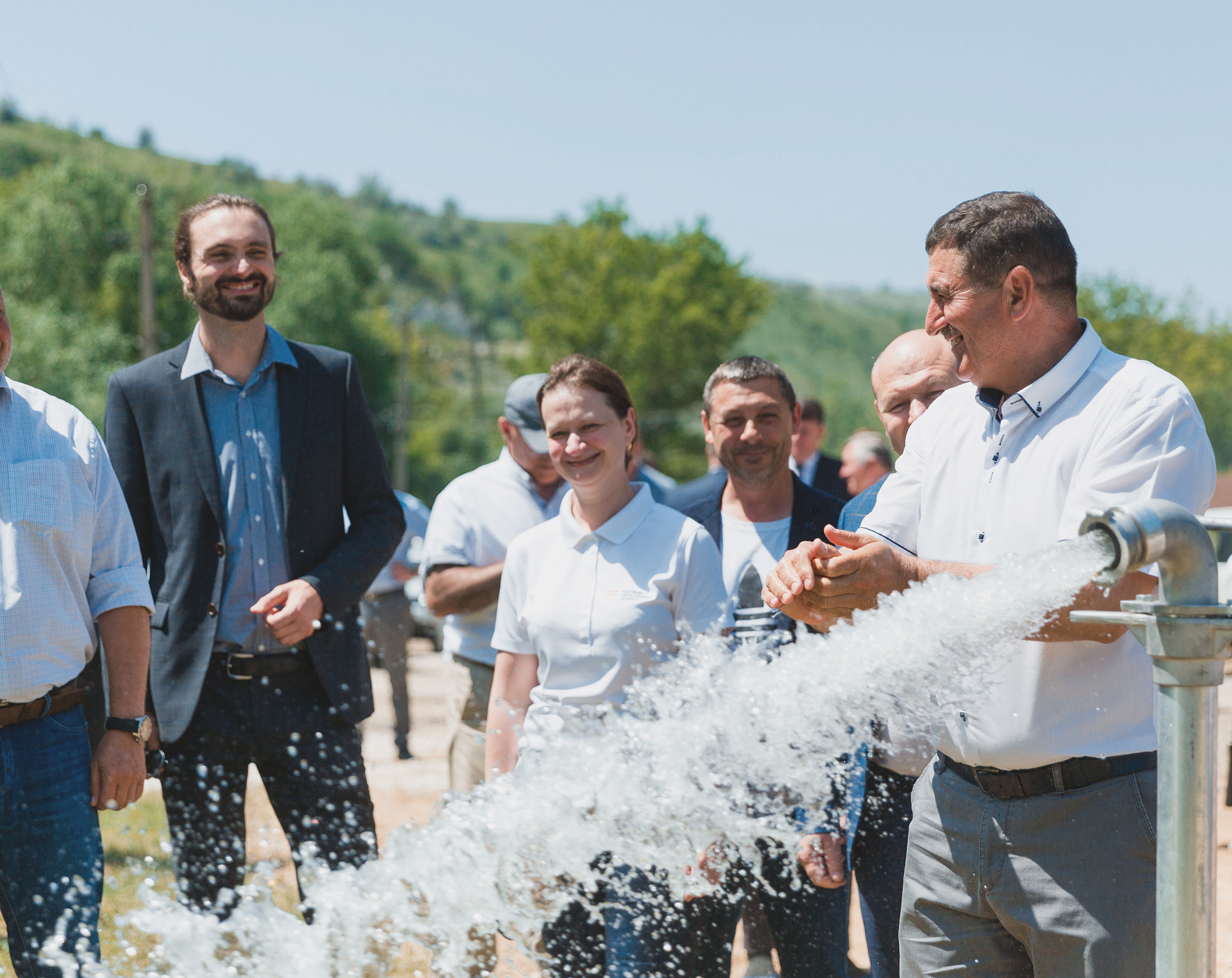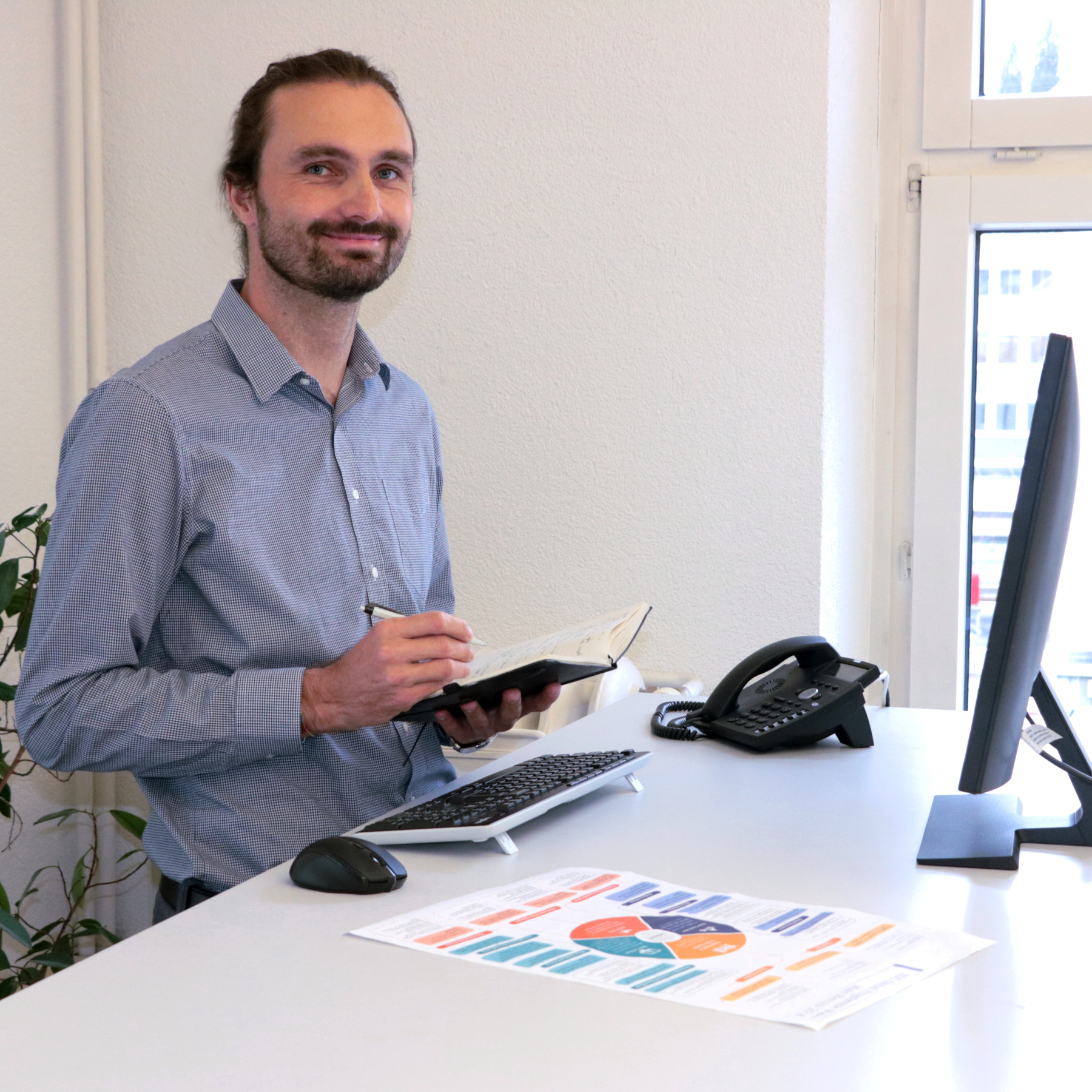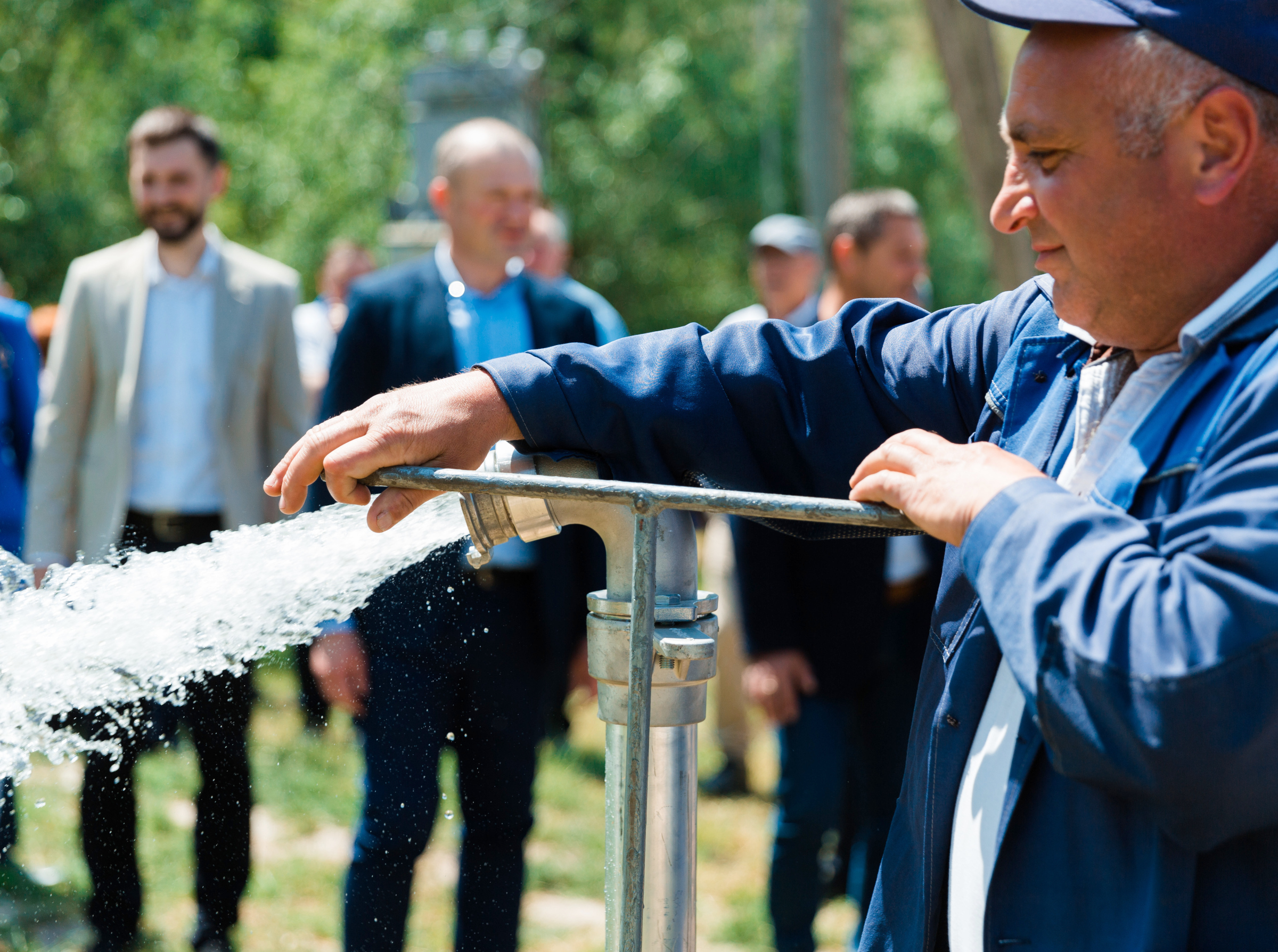
Integrated Water Supply and Sanitation in Moldovan villages (ApaSan28)
Location
Republic of Moldova
project period
May 2024 – April 2028
client
Austrian Development Agency (ADA)
Services provided
Project implementation
Partner organisation
Fundatia Centrul Moldo-Elvetian pentru Cooperare Skat
Project website
ApaSan28 builds on the success of its predecessors, ApaSan (2009–2019) and ApaSan+ (2020–2024), to tackle critical rural water and sanitation challenges in Moldova. The project focuses on improving access to safe drinking water and household sanitation through sustainable and decentralized solutions. It also aims to empower local authorities and regional operators to provide quality services while promoting the adoption of decentralized sanitation systems as a cost-effective and environmentally friendly option.With the goal of enhancing living conditions for rural populations, the project targets approximately 5–10 villages, benefiting over 10,000 people, including vulnerable groups. By constructing or rehabilitating water supply systems and piloting septic tanks with faecal sludge treatment, ApaSan28 serves as a scalable model for rural WASH (Water, Sanitation, and Hygiene) solutions. The project also aligns with Moldova's national development strategies and Sustainable Development Goals (SDGs), particularly SDG 6 for water and sanitation.
Main Objectives:
• Ensure equitable access to safe drinking water and improved sanitation services for rural communities.
• Promote decentralized sanitation systems as sustainable alternatives for regions where centralized systems are not feasible.
• Strengthen the capacities of local authorities, regional operators, and municipalities to manage and sustain water and sanitation infrastructure.
• Raise awareness and build a supportive policy environment for decentralized sanitation systems.
Services Provided:
• Infrastructure Development: Construction of new water supply systems and rehabilitation of existing ones to ensure safe and reliable access to drinking water.
• Sanitation Improvements: Installation of decentralized sanitation solutions such as septic tanks and the establishment of faecal sludge treatment plants in key locations.
• Capacity Building: Training and equipping local operators, municipalities, and intercommunity associations to manage water and sanitation services effectively.
• Policy and Advocacy: Supporting national authorities in developing guidelines and standards for decentralized sanitation systems, promoting their recognition and adoption.
• Community Engagement: Promoting sustainable water management practices, such as rainwater harvesting, and engaging communities in project planning and implementation.
Results and Products:
• Safe drinking water and sanitation access for approximately 10,500 individuals.
• Operational faecal sludge treatment plants in 2 locations.
• Enhanced institutional capacities in 3 municipalities for sustainable WASH management.
• Increased awareness and acceptance of decentralized sanitation systems at the national and local levels.
• Development of a policy framework supporting decentralized sanitation in Moldova.




